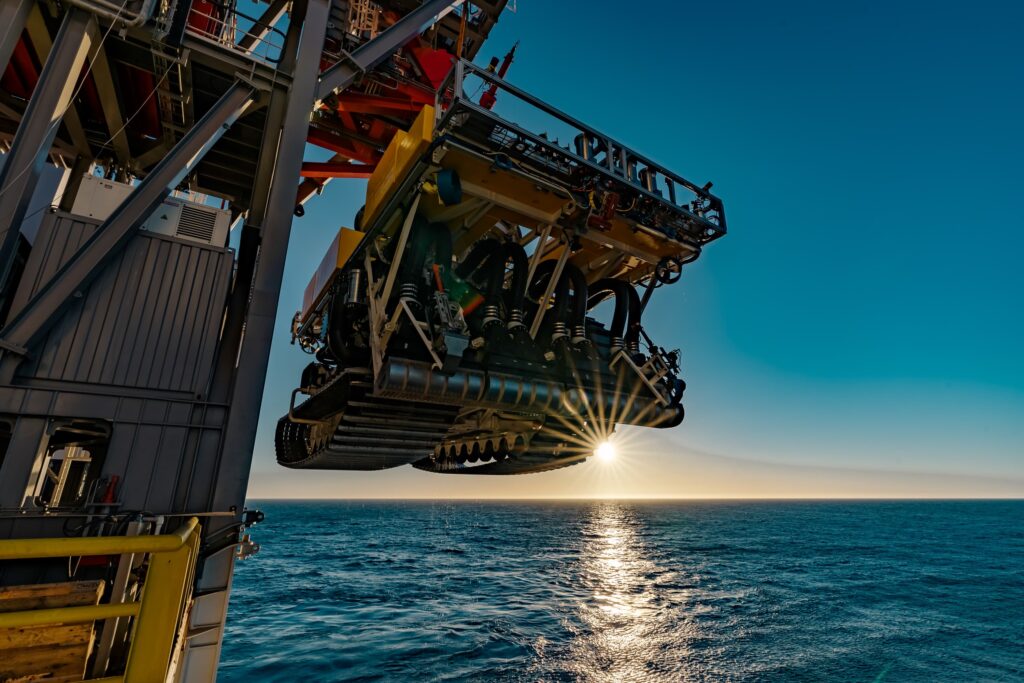Deep Sea Mining: A High-Stakes Threat to Biodiversity and Corporate Sustainability

- Biodiversity at Risk: Deep sea mining threatens a unique and ancient ecosystem, comparable in biodiversity to tropical rainforests.
- Financial Downside: Mining polymetallic nodules could lead to over half a trillion dollars in lost value, outweighing potential gains.
- Corporate Sustainability: Engaging in deep sea mining could derail corporate sustainability goals and invite significant financial risks.
Deep sea mining poses significant risks to biodiversity and business profitability, despite its marketing as a “clean economy accelerator” and an “$8 trillion opportunity.”
The International Seabed Authority (ISA) has issued 31 contracts for seabed exploration but hasn’t approved commercial exploitation. Over 60% of these contracts target polymetallic nodules, rich in minerals crucial for clean energy. However, recent studies indicate that the environmental costs of mining these nodules far outweigh the benefits.
The deep ocean, once thought lifeless, is now recognized as home to up to 100 million species, including 4,000-year-old corals and 11,000-year-old sea sponges. “The physical extraction of a nodule kills the community of species that rely on it,” highlighting the irreversible damage to this biodiversity-rich ecosystem. Moreover, deep sea mining machinery introduces noise pollution that can disturb marine life up to 500 kilometers away, and light pollution that disrupts species adapted to darkness, such as deep-sea vent shrimp.
The financial risks are equally daunting. A Planet Tracker report estimates that deep sea mining would destroy at least half a trillion dollars in value. The only sector predicted to profit is capital goods (mining equipment), while industries like fisheries and terrestrial mining would suffer losses. Investors could face an average annual loss of 2% over the next two decades, even without accounting for environmental damage liabilities.
Related Article: US Acknowledges 68% of Corporate Leaders are Involved in Greenwashing Practices: ERM
Corporate sustainability is also at stake. The Taskforce on Nature-Related Financial Disclosures warns of the “disruption to finance as a result of exclusions on deep sea mining.” Companies aiming to meet climate and nature targets may find deep sea mining counterproductive, exacerbating their nature-related impacts and dependencies.
In the race for technological solutions to climate change, it’s easy to overlook the potential impacts on biodiversity. However, recent corporate and institutional responses have, for now, delayed the tide of deep sea mining. The message is clear: Avoiding deep sea mining is essential for both environmental and financial sustainability.












